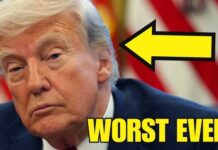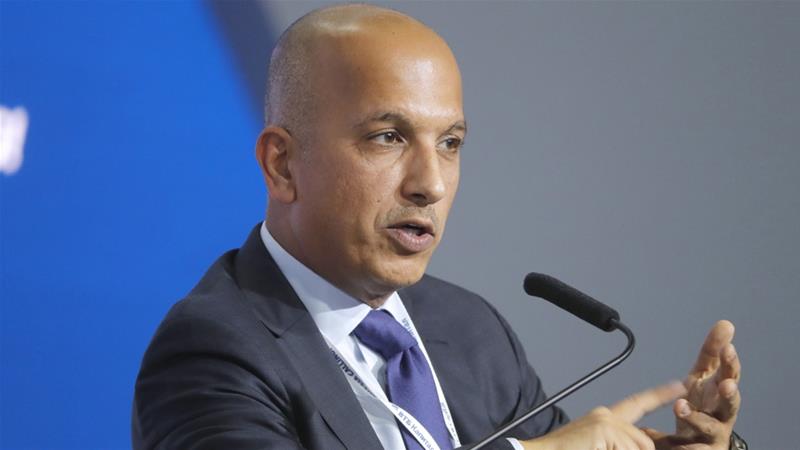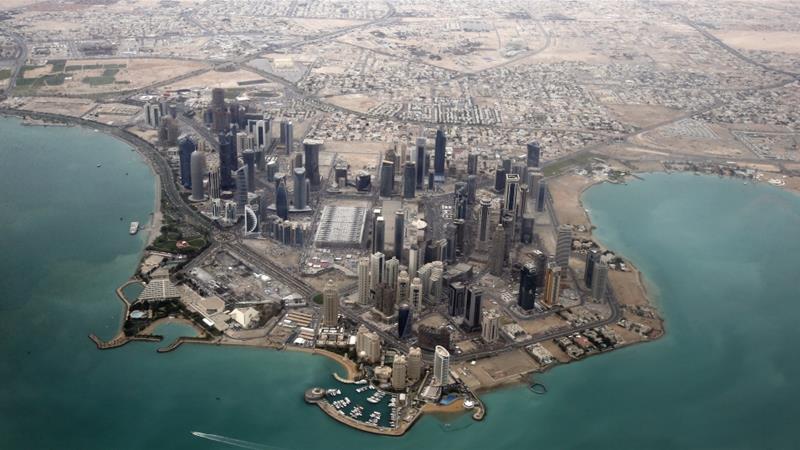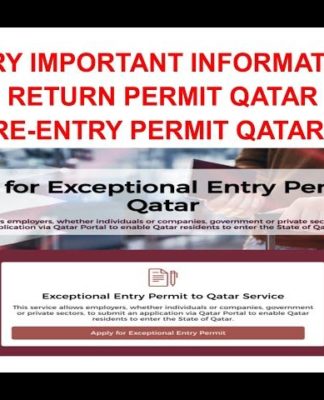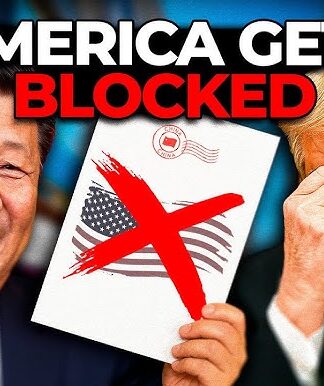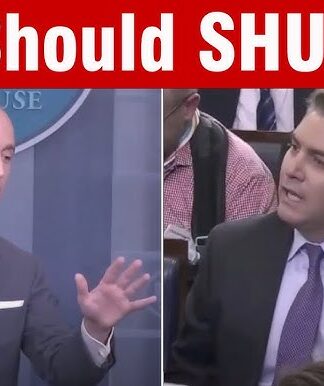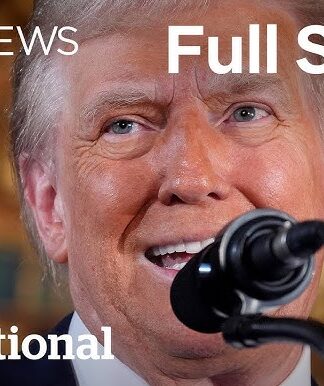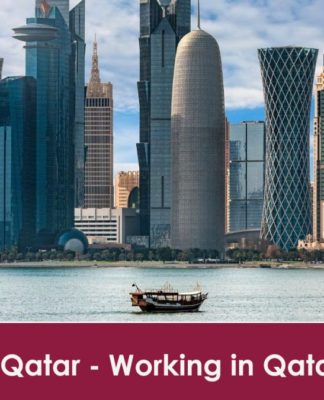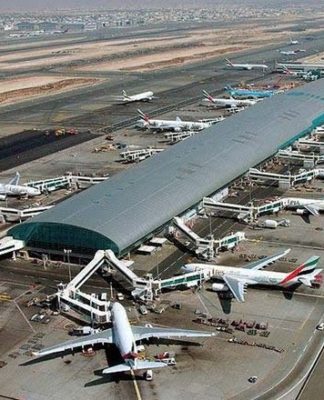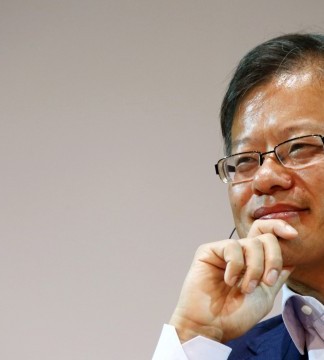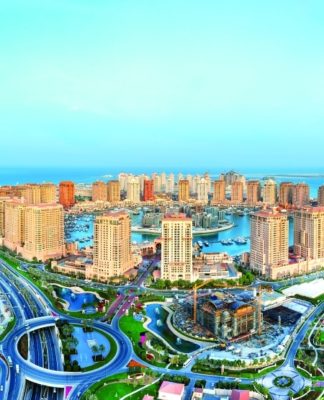Economy is growing stronger despite ongoing blockade by neighbouring Gulf nations and Egypt, finance minister says.
Qatar’s national budget for 2019 will forecast a surplus, the country’s finance minister announced, despite an ongoing blockade against the nation by neighbouring Gulf states and Egypt.
In his opening address at the Euromoney conference in Doha on Sunday, Finance Minister Ali Shareef Al Emadi said Qatar’s financial statements for the first half of 2018 confirmed the strength of its economy, saying the country has overcome the sanctions imposed by Saudi Arabia and its allies.
The two-day Euromoney conference focuses on Qatar’s post-blockade strategy and its development as a sustainable economy.
Al-Emadi added that Qatar’s economy in the non-oil sector grew more than five percent in the first half of 2018, reiterating a recent remark by Qatar’s Emir Sheikh Tamim bin Hamad Al Thani, who said the non-oil sector was now one of the country’s main drivers.
“Qatar economy’s driver at this stage is the non-oil sector, which relies mainly on massive investments in infrastructure, especially education, health, transportation and construction required for hosting the 2022 FIFA World Cup,” the emir said during the 9th Qatar-Germany Business and Investment Forum, which was held in September.
Addressing the state budget for 2019, Ahmed bin Abdullah bin Zaid Al Mahmoud, the speaker of Qatar’s Advisory Council, said that the necessary funds will be allocated to increase non-oil revenues, adding that the draft budget, which has yet to be formally released, meets expectations and is in line with the requirements of the State.
In May, Qatar’s largest commercial bank, Qatar National Bank (QNB), reported that the country’s account surplus has widened to 6.4 percent of gross domestic product (GDP) in the fourth quarter.
Non-oil sector
Earlier this year, Sheikh Tamim said the country had significantly grown its exports while slashing spending by 20 percent.
According to figures released by the Qatar Chamber in October, Qatar’s non-oil exports illustrated a growth of a combined value reaching 1.98bn Qatari riyals ($543m).
“Qatar’s economic performance continues to strengthen,” Mohammed El Qorchi of the International Monetary Fund (IMF) said during a visit in November.
“Non-hydrocarbon output grew by about six percent during the first half of 2018 as the economy recovered from the impact of the diplomatic rift and oil prices surged.
“The 2019 budget is expected to contain overall expenditure growth, with continued emphasis on allocations to critical sectors (health and education)” he added.
The first quarter of 2018 showed an increase of 300 percent in sales of Qatari products, compared with the same period in 2017, according to Khamis al Mohannadi, a senior official of the Ministerial Group for the Encouragement and Participation of the Private Sector.
The growth witnessed by Qatar’s economy at various sectors, including education, health, food and agriculture, following the blockade, are part of programmes adopted by the state to diversify its economy amid Qatar’s National vision 2030.
SOURCE: AL JAZEERA








